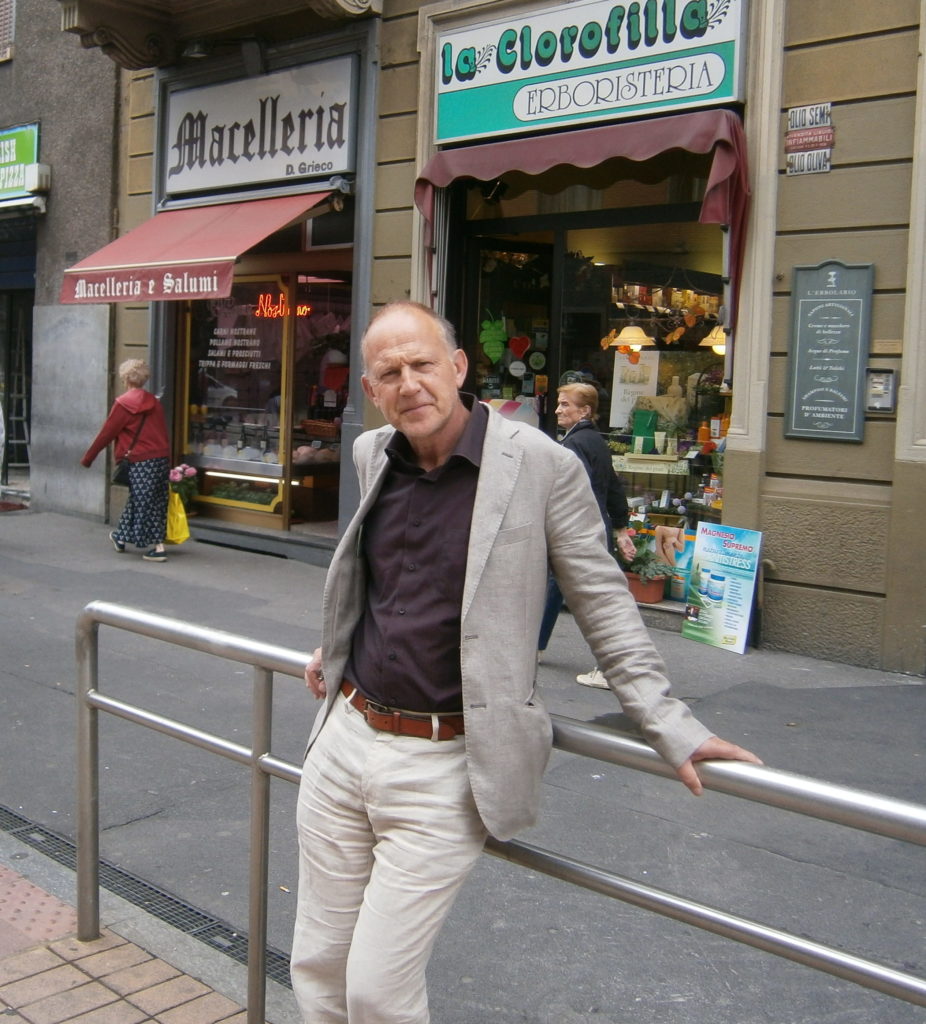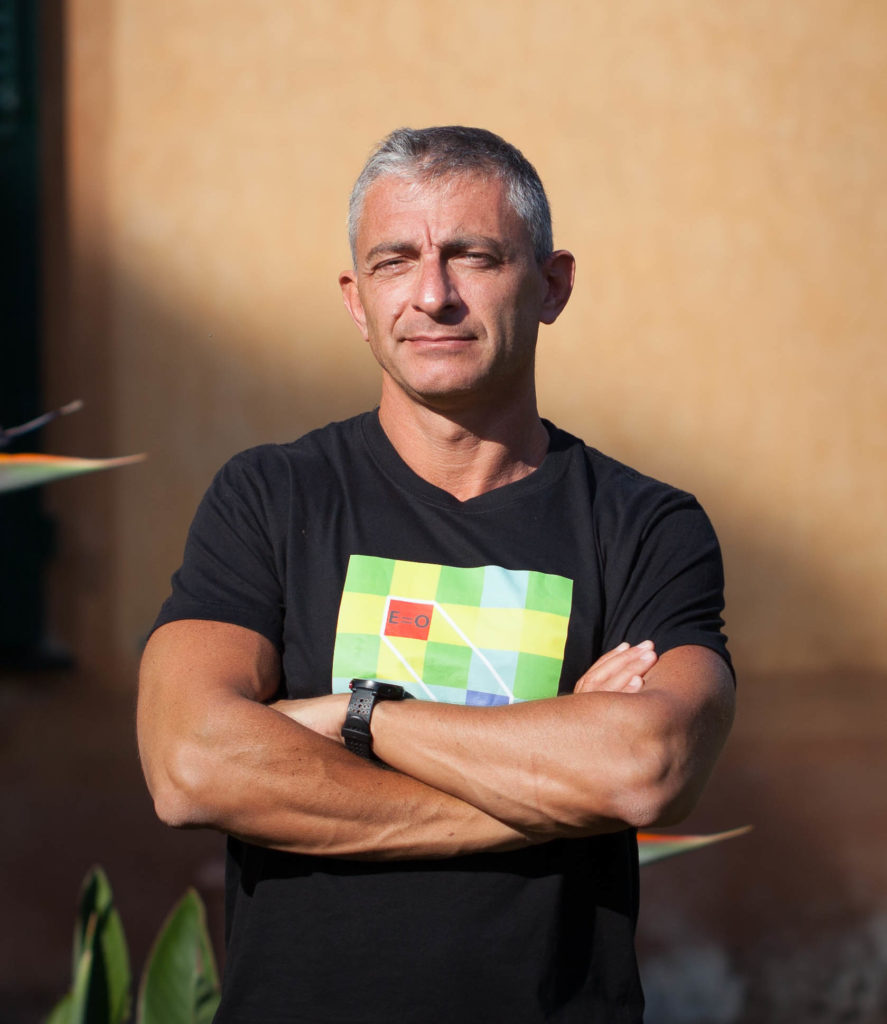In this episode, I welcome back previous guest, Riccardo Manzotti, along with his friend and co-author, Tim Parks. We discussed their new book, Dialogues on Consciousness, in which the two discuss the nature of consciousness.

TIM PARKS, novelist, essayist and translator, is the author of nineteen works of fiction, including Europa, shortlisted for the Booker. He is a regular contributor to both The New York Review of Books and The London Review of Books. He lives in Italy, where he teaches literature and translation studies at IULM in Milan
RICCARDO MANZOTTI is a philosopher, psychologist, and robotics engineer who has written more than 50 scientific papers and several books, among them The Spread Mind: Why Consciousness and the World Are One. A former Fulbright Visiting Scholar at MIT, he is now visiting professor at UAEU University (Emirates).
We had a great conversation. Please enjoy this episode with Dr. Riccardo Manzotti and author Tim Parks.
We discussed:
- Please tell us about these dialogues between you two. How did they come about? Tim, you want to start us off with that?
- Tim, I’m curious about your curiosity with consciousness. Where did that come from?
- Riccardo, any new revelations in the book for you, anything that builds on the Spread Mind, beyond it?
- Okay, let’s start off like your book. What is consciousness?
- You use the term “internalist”, whereas I’m used to terms like “physicalist” or “materialist”. Is there a difference?
- You can’t deduce “mind” from looking at neurons. What does that tell you/us?
- Is mind within the skull? What about memories and information? How exactly are memories stored and recalled?
- If the mind is not internal, how do changes in the physical/internal brain affect consciousness? What is the connector between internal brain and external mind?
- Red/white square experiment…
- It’s fascinating to essentially eavesdrop on your conversation in this book. Over the years that you two had these conversations, did either of you experience a change in how you understand consciousness?
- What do you two agree on, and where do you disagree with each other?
- I’d like to ask you about “The Now.” Dreams, hallucinations, even thoughts in my mind, are made up of experiences I’ve already had. But don’t I experience those in my consciousness right now? Even if the sun shined eight minutes ago, aren’t I experiencing it, phenomenally, right here, right now?
- Sensory events are not simultaneous, right? Light hits my eyes before sound enters my ears. My brain puts the model together, combines the consciousnesses of multiple properties of an object (say, a train). Then, I experience the train in my now. Isn’t that “the now” of all of my phenomenal experiences? No? There is no “now”?
- The body facilitates, or selects, the objects and their connected experiences. What is different in this selection/facilitation process during altered states of consciousness, such as dreams or psychedelics or meditation?
- Somebody asked you, Tim, about the properties of objects floating “through the air” to the brain. That sounds too literal of a way to describe this. But let me put it another way. I hear about the brain being like a radio receiver, and the transmitted signal is a greater, universal consciousness that we tune in to. The brain as a receiver sounds compatible with Spread Mind. Is it? Anything there? Do objects “transmit” their properties via a universal consciousness medium? Is there a source?
- So, what is the ego? What is one’s self?
- What’s happening when I have a thought? How does that relate to objects? And what about creativity or inspiration?
- Do I have any control at all over my thoughts, my actions, my desires?
- Are you two still having these conversations? Is there more to come for us fans of consciousness? What other topics are you exploring?
- Looking to the future of our understanding of consciousness, what are you two excited for, what breakthroughs or discoveries or advancements?
- What else?
Podcast: Play in new window | Download

